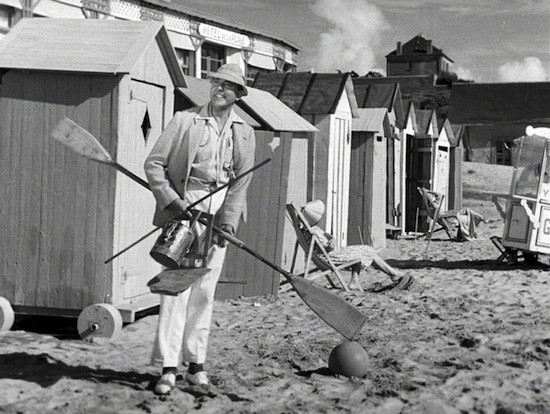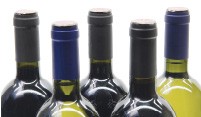So I’m sitting in the dermatologist’s office, waiting to get little pieces of skin removed from my face and shoulders. I’m of a generation that thought iodine and baby oil made a great “sun tan lotion,” a greasy potion that would give you that rosy-brown sheen favored by surfers and lifeguards. Sadly, even though I was a teenage lifeguard and spent hours in the sun every day, I could never achieve the desired bronze glow, just freckles. Now, several decades later, I have to go in once a year to have brown spots frozen off my skin. I like to think of them as little dead surfers.
But I digress. Oh wait, actually, that whole paragraph up there was a digression. See, while I was sitting in the waiting room I’d decided to sneak in a little French lesson on my phone. Except I forgot to turn it to silent mode and before I could do anything, it squawked, “Je bois trois litres d’eau chaque jour.”
A couple of people looked up, no doubt mentally rolling their eyes and thinking, “Why is this idiot broadcasting gibberish in the waiting room?” (If they spoke French, they were probably wondering, “Why does that guy drink three liters of water each day?”) But I digress. Again.
I whispered “Sorry!” to the room and clicked off my phone. Then the receptionist said, “Is that Duolingo?”
“Yes,” I admitted.
“Pretty addictive, isn’t it?”
“Oui.”
And it truly is. Nearly two years ago, I intended to retire as full-time editor of this paper, then Covid hit, and I stuck around for another year or so. But one of my “retirement” resolutions was to learn French, so I went ahead and started back in April of 2020. My wife’s family is French and I wanted to be able to do more than ask where the restrooms were the next time we went over there. Little did I realize that I was creating a monster. I’ve now had a French lesson every day for almost two years. How do you say “OCD” in French? I could tell you, mon ami.
The Duolingo program I’m using has perfected ways to keep you coming back. It rewards you with points for finishing lessons, and for “streaks,” i.e. the number of days in a row you go without missing a lesson. There are “double point” opportunities, which is when you can really score. Also, you are automatically entered into “leagues” with weekly point standings, and you can discuss answers with other Duolinguists in the chatty (and catty) forums.
My current streak is 597 days. I can’t imagine the glory that will be mine in three more days. So many points! My Diamond League competitors are going to be miffed. Tough merde, losers.
It hasn’t been all vin et roses. Some days I spend an hour or more on my lessons. Other days, not so much. There have been times when life has intervened, where I’ve spent the day fishing or camping or working or driving across the country, and not been able to squeeze in a session. But there I am, in the dark, in bed, knocking out a quick silent lesson before midnight to keep the streak alive. You could call me the Lou Gehrig of Duolingo, except there are thousands of us, many of whom have longer streaks than I do. This stuff is addictive.
So, does it work? I would say yes. I’ve learned to read French pretty well, and I can think my way through most things I want to say in French, albeit slower than I’d like. When I hear my wife talking on the phone to her mother, I understand much more than I used to, but I still miss a lot. They talk too fast. I don’t think there’s any substitute for immersion into a culture where you’re forced to use the native language to communicate. So I may have to go to France and stay for a while to check out that theory. Someday, peut-être.
I’m also working under the premise that the more I exercise my aging brain the longer it will keep working well. Learning a language makes me think, makes me have to remember things.
Like wearing sunscreen when I go outside.


